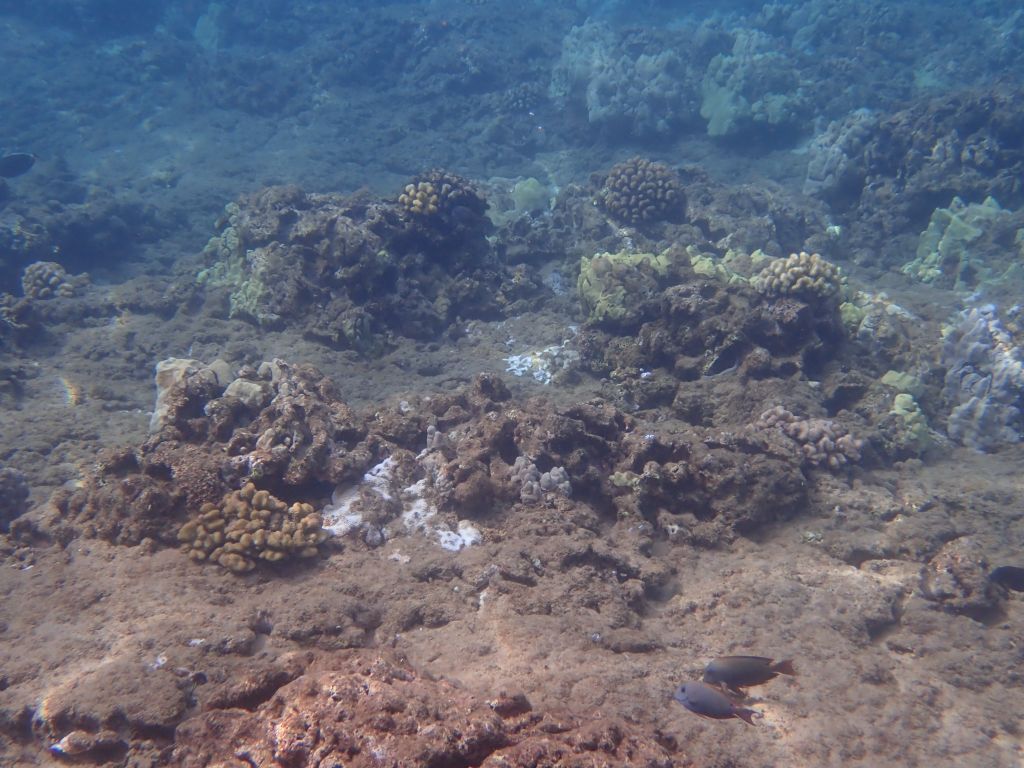Assessing the sensitivity of coral reef accretion and bioerosion to acidification and eutrophication

Coral reefs are threatened by a range of stressors, including those related to global climate change and local land-use. These stressors decrease coral calcification, increase dissolution and bioerosion of the calcium carbonate (CaCO3) reef structure, and shift ecosystem composition from coral to algae-dominated reefs. This project quantifies CaCO3 accretion and bioerosion rates across sites on Maui that experience a range of stressors, to investigate which ones dominate the changes over the last decade, global climate change impacts or locally induced, anthropogenic stresses. Researchers plan to quantify accretion and bioerosion rate changes over a eutrophication and acidification gradient, and compare present day rates to those measured approximately ten years ago, in order to determine the relative impacts of the different scale stressors on coral reefs.
Outcomes will include information for resource managers on how local and global stressors affect coral reef persistence, with research results and recommendations integrated into existing and developing management plans. There are also plans to produce an educational video that communicates the importance of coral reefs, the impacts of anthropogenic stressors on coral reef health, and our kuleana to perform research in a way that honors people, places, culture, and traditional knowledge.
PROJECT DETAILS
FUNDED:
FY2024
PI:
Andrea Kealoha
Asst. Professor of Oceanography, UH Mānoa
Graduate Scholar:
Raffi Isah
Dept of Oceanography, UH Mānoa
Co-I:
Katie Shamberger
Assoc. Professor of Oceanography, Texas A&M University

